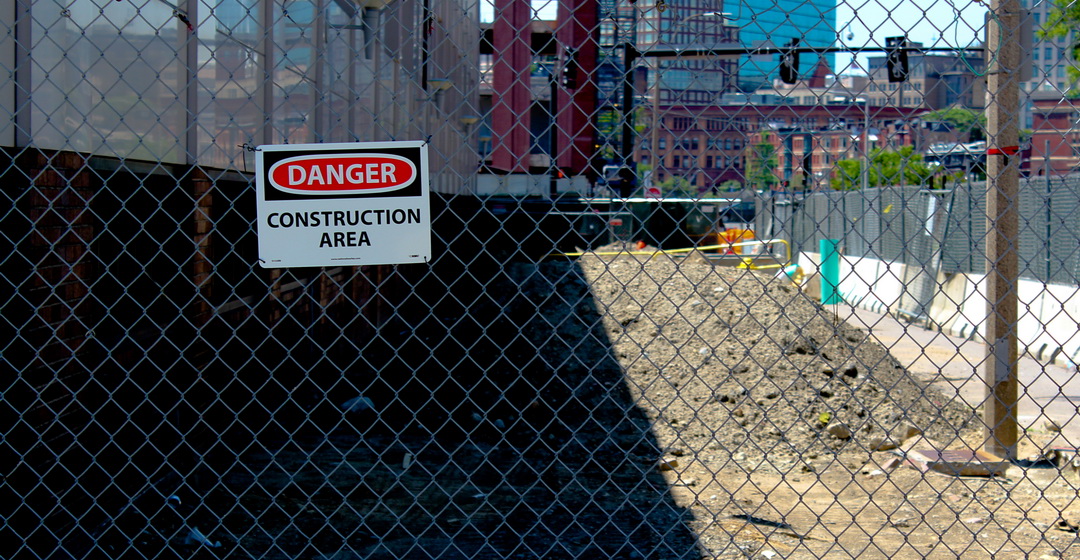- The Law on Amendments to the Planning and Construction Act-
The Law on Amendments to the Planning and Construction Act (“Official Gazette of the RS”, No. 62/2023 – hereinafter: Amendment Law) came into effect on August 4, 2023. The amendments affected almost the entire law, with some of the most significant changes related to the abolition of fees for the conversion of land use rights into ownership rights, the introduction of new elements of the “green agenda,” obligations related to issuing and maintaining “energy passports,” the establishment of the Agency for Spatial Planning and Urbanism of the Republic of Serbia, and the introduction of the Chief State Urban Planner. In this text, we will briefly highlight three new obligations of construction investors.
Insurance against damage to third parties arising from construction works (Article 129a, Article 148) and the Regulation on Conditions for Professional Liability Insurance
A new obligation for construction investors when applying for construction works is to submit, in addition to the previously prescribed documentation, an insurance policy against damage to third parties that may arise from the construction works. In line with the law amendments, a new Regulation on Conditions for Professional Liability Insurance (“Official Gazette of the RS”, No. 81/2023 – Regulation) has been adopted to define the obligations related to the liability of investors and contractors. Investors or contractors must be insured against liability for damage to third parties arising from the construction works, and the insurance coverage must be at a minimum sum specified in the Regulation. The insurance period is determined for the duration of the construction works.
Waste Management during Construction on the Construction Site
In accordance with amendments to Article 158 of the Law, a document on the movement of waste, specifically hazardous waste, must now be submitted with the application for an occupancy permit. This document confirms that the waste generated by construction and demolition (construction waste) has been delivered to a waste treatment or storage facility. This emphasizes the legislator’s intention for construction investors and contractors to adhere to obligations related to the management and storage of construction waste.
Since November 4, 2023, the Regulation on the Method and Procedure for Construction and Demolition Waste Management (“Official Gazette of the RS”, No. 93/2023 and 94/2023 – corr.) has been in force, providing detailed guidelines for managing construction and demolition waste.
Certificate of Energy Properties of the Building and its Individual Part
Amendments to Article 4 of the Law introduce the obligation to submit a certificate of the energy properties of the building or its individual part when notarizing real estate purchase contracts and concluding lease agreements. The energy certificate is a document showing the energy properties of the building and is issued through the Central Register of Energy Passports (CREP). It is mandatory to attach the energy certificate when notarizing real estate purchase contracts or concluding lease agreements. If the subject of the purchase contract is a building or a part of a building under construction, the energy certificate is not a requirement for contract notarization. Instead, it is submitted after obtaining the occupancy permit and registering the property in the cadastre.
This requirement will significantly stimulate the market for issuing energy passports, making it necessary for older buildings to obtain a certificate within ten years of the law coming into force. Local self-government units will adopt a general act within one year to enforce these provisions, and monetary penalties are prescribed for failing to comply with the obligations regarding energy certificate acquisition and display.
The amendments discussed in this text aim to elevate the adherence to legal responsibilities of investors toward green construction principles and ecology to a new level. Construction, being one of the most active economic sectors, is also a significant factor in ecological impact in our country. On the other hand, these new obligations may potentially contribute to further increases in already record-high real estate prices and could complicate administrative procedures for obtaining construction and occupancy permits, mildly slowing down real estate transactions.
Disclaimer: This text is written for informational purposes only as well as to give general information and understanding of the law, not to provide specific legal advice. For any additional information feel free to contact us.

Knićaninova 3
11000 Belgrade
Serbia
+381 11 3222 921
+381 11 3222 922
+381 11 3222 972
• Blog
• Careers
• Privacy Policy


